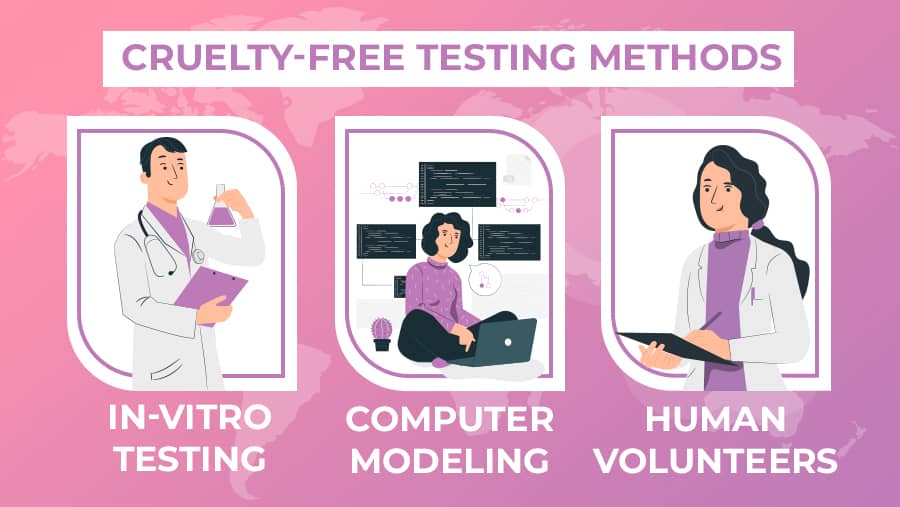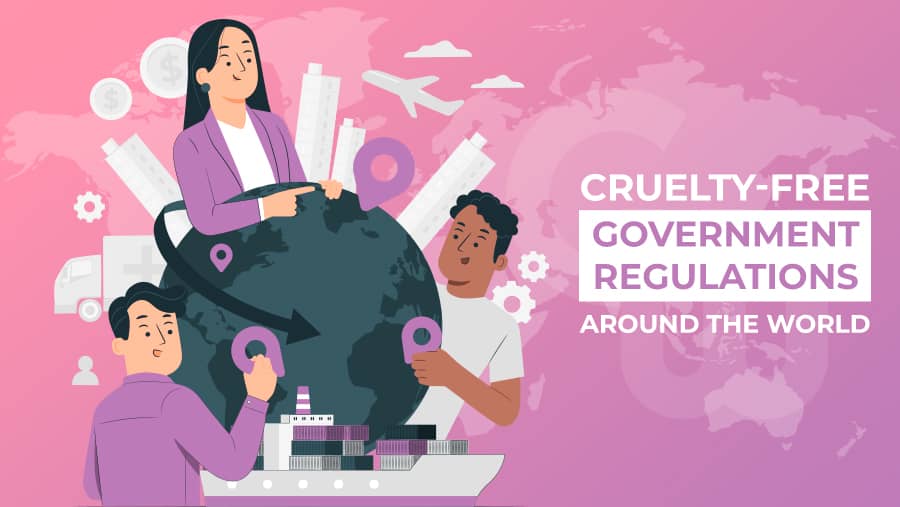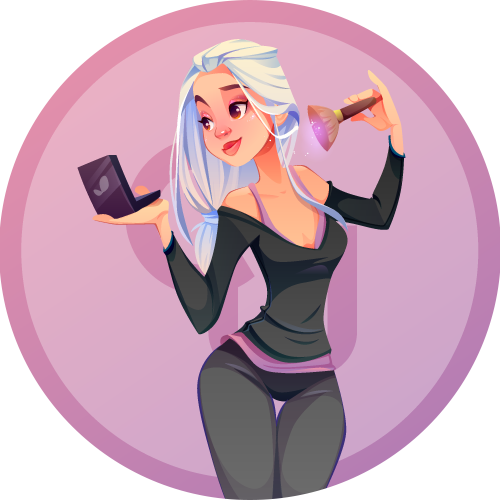Animal cruelty is not a typical human trait. The human species has a coded DNA message that we should not harm other species. We feel pity, loathing, and intolerance from the violence. This has been passed from our ancestors, and it's one of the reasons we have developed such a strong sense of empathy.
Table of Contents
Human dependence on other animal species
Many people don't know, but meat-eating and fire have made modern man. A scientific article on nature.com shows that the human species has evolved to an extent thanks to meat. The brain has started to receive more beneficial substances that have led to its development. At the same time, the first people have paid their respects to the animals through various rituals and worship. We no longer make our living by hunting and this connection has been lost, but man has learned to pay his respects to the animals in other ways. In farms where people care for them, also shelters for stray animals, and even housing and taking care of pets in our homes.
In the end, our coexistence with animals has made us who we are. But is it worth continuing to exploit them for our benefit? Regarding food, humanity has not reached a development point where it can absolutely give up meat consumption. At the same time, in cosmetics, many companies are already making bold moves and giving up testing products on animals in order to avoid this cruelty. Every company tries to start at least one cruelty-free brand and even vegan products. A short film about an experimental bunny recently fled the internet. See it for yourself:
YEP... Exactly, it's hard to swallow, but it's reality. We have no way of knowing the fate of all those animals that tested cosmetics before us, but we can know if, the product was tested on animals at all. Fortunately, there are movements like "cruelty-free international" that fight for animal rights and run campaigns like the one with Ralph the rabbit (from the video above), so the beauty industry is starting to change its views more and more.
What are cruelty-free products?
Cruelty-free products are those that are not tested on animals. There are also vegan beauty products that contain nothing produced by animals. They are appearing more and more frequently on the market and are causing a huge demand.
Many cosmetic giants are creating brands for all kinds of cruelty-free products. You can easily find cruelty-free essential oils, skin care products, shampoos, etc. This is a significant investment as the cost of alternative testing is high, but their market is expanding rapidly. Many people are starting to look for solutions that don't put lives on our planet at risk. A lot of them are moving towards recycling beauty products, many people are making their own cosmetics (for example DIY Face Mask) or choosing products with organic ingredients.
How do cruelty-free brands test their products?
There are three main scenarios for these tests, these are in-vitro, computer-based, and tests with human volunteers. Each of these approaches depends directly on the brand's parent company policy.

In vitro testing
This is the most high-tech approach. It relies on human epithelial cells that are inserted into technological devices that mimic the structure and function of human organs and systems. The funding of such tests very often requires many resources and for this reason, this method is used rarely. Currently, only the largest cosmetic brands are using this technology because it is relatively new and quite expensive.
Computer modelling
There are software models that simulate human biology. These models can predict with great accuracy the ways in which the human body will react to any cosmetic product based on its ingredients. There is a technology called QSAR (Quantitative structure-activity relationships) that can completely replace animal testing. It shows how likely a cosmetic product is to be dangerous to humans based on its similarity to existing substances and our knowledge of human biology.
Testing with human volunteers
A technology called 'microdosing' can provide important information about the safety of a cosmetic product. This process studies how the natural skin reacts to a very small dose of a cosmetic product. After primary testing, the whole process is scaled up and applied to multiple people. The doses are then increased and so on until the desired safety standards are achieved. Very similar to this process is the application of new drugs on the market.
Do countries require animal testing?

The vast majority of countries around the world do NOT require such testing as long as the ingredients of the cosmetic products are harmless. Countries such as Canada and the US are monitoring the ingredients of cosmetic products before they reach the market, but do not require cosmetic manufacturers to use animal testing. Many countries have even banned this practice. All 27 countries in the European Union have banned the use of animals to test cosmetic products since 2009. A further 15 countries have imposed partial or total bans, including Australia, Israel, New Zealand, South Korea, the United Kingdom, and others.
How can I buy cruelty-free products?
On the Cosmetic World website, you can find lots of brands that offer cruelty-free products. Our product portfolio includes cruelty-free cosmetics such as hair care products, skincare products, essential oils, and high-quality makeup. The cruelty-free brand list can be found below:
- AG
- DEVA CURL
- ECRINAL
- EVO
- KERASTASE
- KEVIN MURPHY
- L'OREAL PROFESSIONNEL
- LA RICHE
- NEMAT
- OLAPLEX
- PAUL MITCHELL
- PHYTO
- PULP RIOT
- R+CO
- VI BON
Meanwhile, if you are not sure if a certain product is from a cruelty-free cosmetic brand, you can check it with an app called "Cruelty Free Shopping Guide". The app is owned by the company Leaping bunny, which aims to stop animal testing and help consumers explore every cruelty-free brand. That will keep our furry friends safe.
Summary
Whether animal testing should be stopped is a topic that has many viewpoints. Personally, I dislike cruelty and prefer cruelty-free products. This way, I am sure that my actions have not caused harm to any animal. Given that most countries don't require cosmetic companies to test on animals, I think it's a matter of time to stop that practice. There are a number of other testing methods that have proven themselves over the years. It is no coincidence that so many countries have also imposed a complete ban on this practice.






